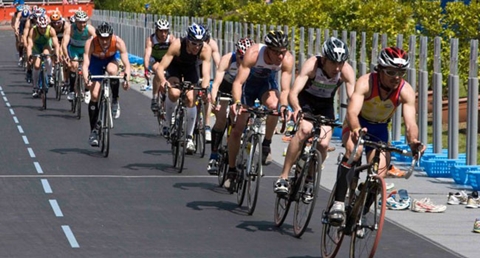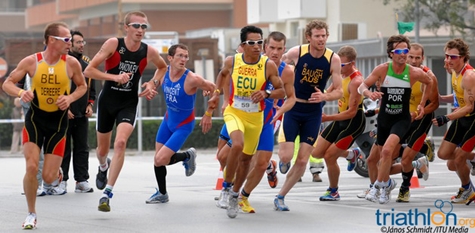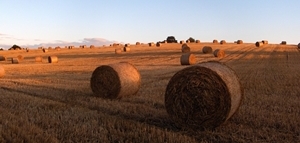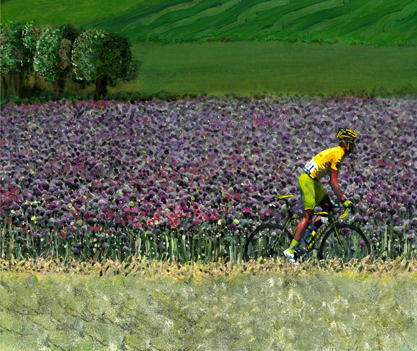Cycling Safety Rules |
|
Two wheels can make you memories of a lifetime. Here are some basic Cycling safety tips to help keep you injury free!
See also Cycling Pedaling Technique.
11 Cycling Safety Tips
 |
11 Cycling Safety Tips |
|
||
|
||||
|
The first 10 tips are courtesy of David Zabriskie’s Yield to Life
|
|||
|
||||
Cycling Hydration for Safety and Alertness
Good Hydration is essential to maintain safety for very active individuals and competitive athletes. Good hydration keeps the body functioning properly and the mind alert!
However, reliance on water alone for hydration, or excess water consumption, can have the effect of flushing needed vitamins and minerals from the body. The more active one is the greater one’s hydration needs. Hydration is important for cyclists particularly when cycling long distances. Hydration is equally as important during cold weather as it is in hot, dry or humid weather. In cold weather, dehydration can cause hypothermia very quickly. Drinking plenty of fluids during cold weather is essential to maintain core body temperatures.
When cycling in hot weather, the combination of the external heat and the internal heat produced from cycling, heat within the body can build causing Hyperthermia which is having a core body temperature that is too high. Maintaining good hydration can reduce the onset of Hyperthermia as good hydration enhances sweating which acts to cool core body temperatures.
In very humid weather, our sweat doesn’t evaporate as very well and we tend to sweat more with less cooling effect thereby loosing needed fluids to maintain good performance. When lost fluids are not replaced our body begins to shut down starting with heat cramps and muscle cramps due to lack of electrolytes. Fatigue will begin to increase when fluids are not replaced and under extreme lack of fluid replacement heat exhaustion or stroke can occur.
It is recommend we drink 24oz of fluid each hour cycling. It is also recommended to maintain best performance that fluids contain electrolytes, carbohydrates, calcium and protein. Interestingly, Nonfat Milk contains a natural mix of electrolytes (Yes, milk is high in Potassium!), carbohydrates and protein and is a good source of Hydration when the weather is cooler or in early morning rides.





